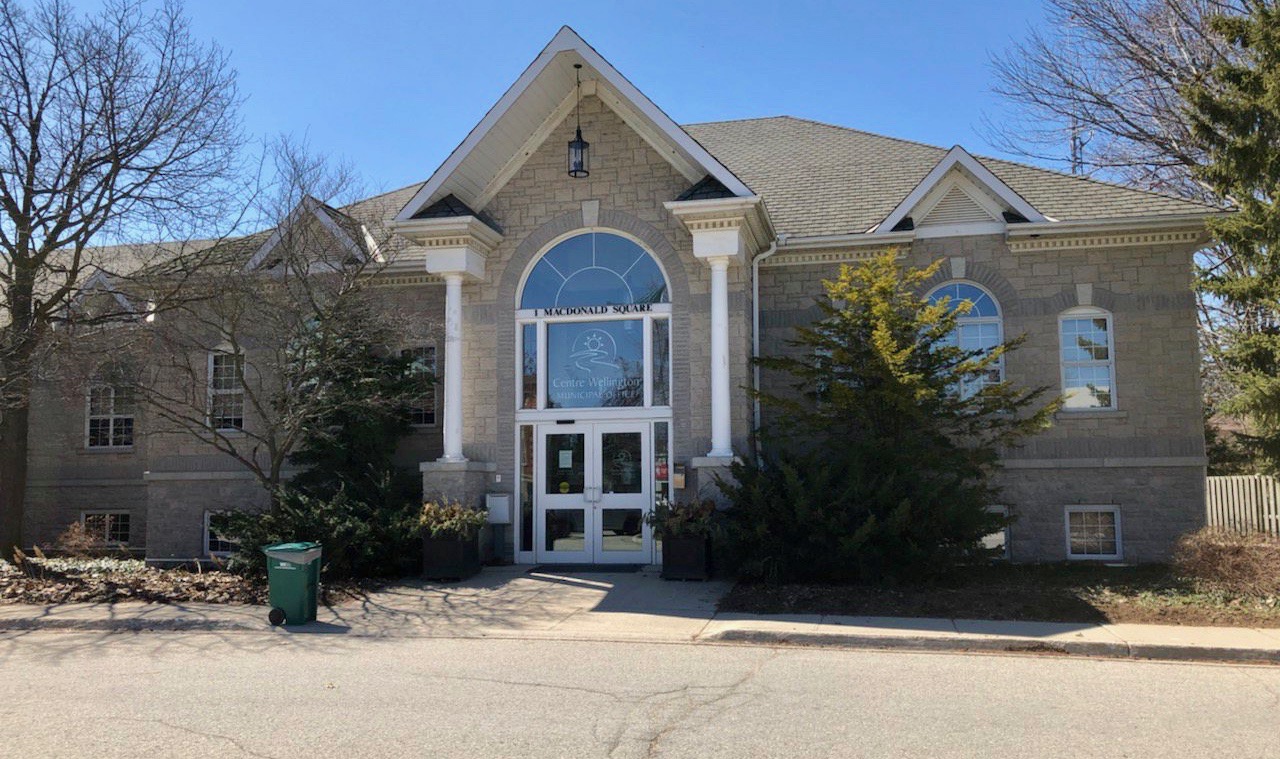ELORA – If anything was learned Monday night, it’s that an updated procedural bylaw will not cure all that ails Centre Wellington township council.
Council held a special committee of the whole meeting on May 10 and brought in two subject experts to give an overview of what a procedural bylaw should contain and how it helps guide efficient and effective meetings.
John Mascarin, a solicitor with Aird and Berlis, and Debi Wilcox, a registered parliamentarian, have been retained by the township to help with the procedural bylaw.
They talked about the Municipal Act, the role of council, the role of staff and how a strong procedural bylaw should make decision-making easier.
“It’s a tool to set shared expectations, processes and conduct,” Wilcox said. “The objective is to facilitate – not frustrate – meetings.”
Ten community members registered as participants and had an opportunity to ask questions or make comments after the presentations. Then councillors had their turn.
Elora resident Donna McCaw asked for the bylaw to include more time between the release of a meeting agenda and the meeting itself, so councillors and residents have more time to read the background material and ask questions of staff before the meeting and for residents to register as delegates should they want to address council on a matter.
She also hoped to see language in a procedural bylaw that would require councillors to speak to an original motion first before addressing any proposed amendments.
Resident Tom Nudds asked about the difference between ‘efficient’ and ‘effective’ and wondered if effective debate can be quashed in the name of efficiency.
Mascarin said it’s a fine balance. Meetings can get bogged down in ineffective discussion that doesn’t aid decision-making, yet every councillor should get the opportunity to voice their opinion. At the same time, meetings should move along and not waste time.
“You don’t want to tip the scales one way or the other,” he said.
Mayor Kelly Linton encouraged Mascarin and Wilcox to view recordings of past council meetings and judge if they are efficient meetings.
“We have our own kind of messy here,” Linton said.
Resident Beverley Cairns noted that Centre Wellington council often has a three to four split and wondered if the mayor is obliged to vote, whether he should vote, or whether he can opt not to vote on a matter.
“The mayor is a member of council and as such is entitled to vote,” Wilcox said.
Councillor Neil Dunsmore asked about point of privilege.
“If a councillor says something offensive and is asked to retract, apologize or provide proof, what are the repercussions if they don’t?” he asked.
Mascarin replied, “The Municipal Act says the presiding officer can expel a member if the grievance is that large.”
Councillor Stephen Kitras wanted to know how Wilcox and Mascarin would evaluate the comments received and justify using some and not others.
“The review is based on the standards of good procedural bylaws,” Wilcox replied.
Councillor Kirk McElwain expressed his view that debate is often stifled around the Centre Wellington horseshoe and councilors’ questions are not always answered before the vote is called.
“We often find our discussions are cut off before we get answers,” he said. “We need more discussion time.”
Councillor Bob Foster referenced Robert’s Rules of Order and asked how the procedural bylaw could ensure the neutrality of the chair.
“The chair should run a fair meeting, but it’s naïve to think he might not be on one side or the other,” Mascarin said. “The chair should be fair – not neutral.”
Wilcox added that the procedural bylaw would take precedence over Robert’s Rules.
Kitras also asked whether the procedural bylaw could address how councillors are selected for standing and advisory committees and whether it could be done by lot.
“That allows for rotation and experience for councillors,” Kitras said.
Wilcox said there are many ways to select committee members and a lottery system is possible. But these questions have more to do with administrative policy than the procedural bylaw.
Foster said councillors often have to ask their questions two or three times at a meeting because they are not sufficiently answered.
“It happens a lot here,” Foster said.
“I’m not sure how the procedural bylaw would help,” Mascarin responded, adding that councillors can speak up but these matters are up to the chair.
Mascarin and Wilcox will meet with the ad hoc committee to further discuss the draft bylaw and the comments they received.
A revised draft bylaw will be posted on CW Connect May 31 to June 14 and a second public meeting with Wilcox and Mascarin is scheduled for June 14 at 6pm.
Council is expected to make a final decision on June 28.




